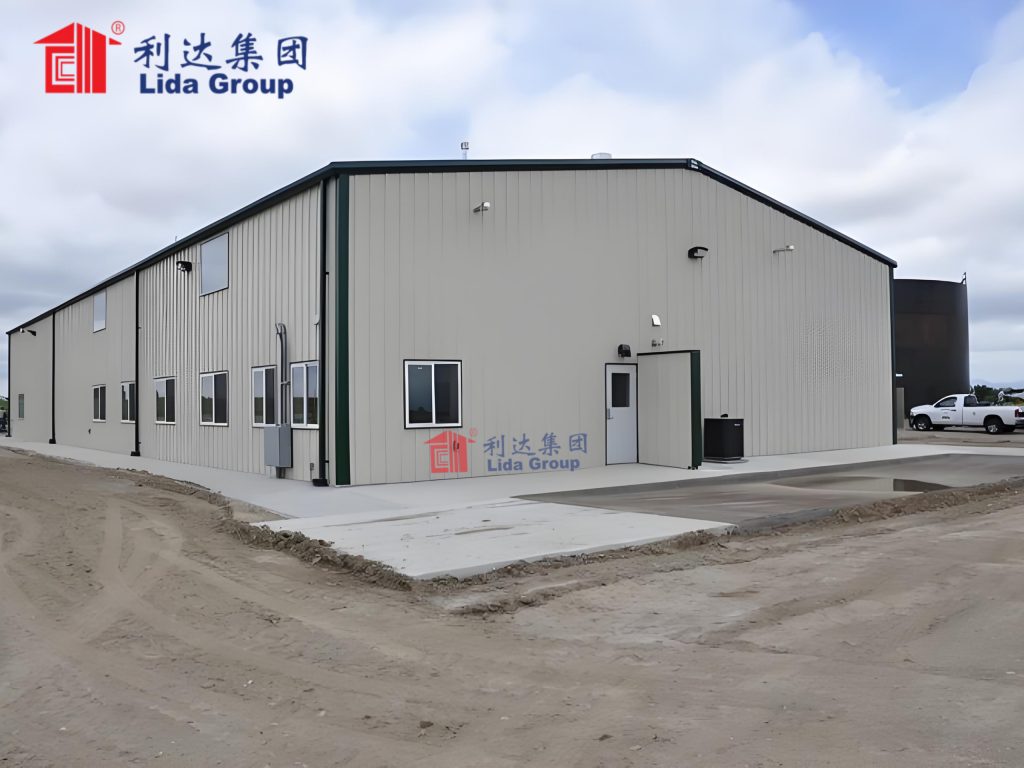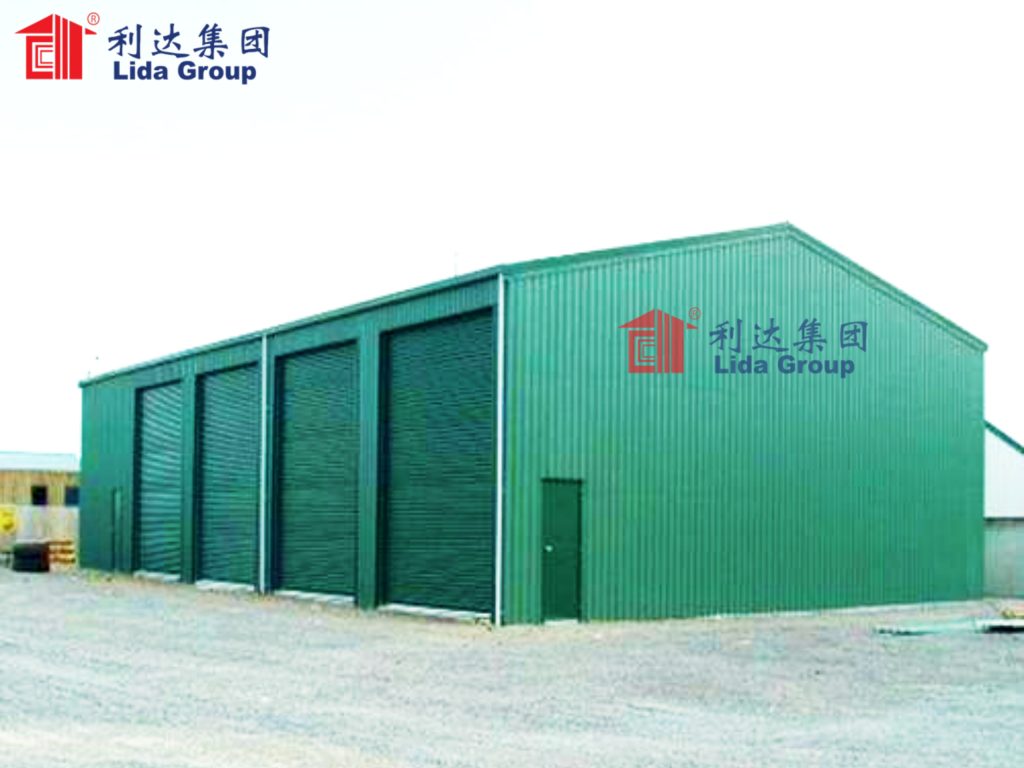Scientists from a leading Asian agricultural university have commenced collaborative research with social housing enterprise Lida Group analyzing specialized modular growing systems integrated within standardized steel framed structures tailored for intensive land-efficient food production methods.
As arable farm sizes diminish under population pressures yet urbanizing populations demand fresher nutritious products year-round, soilless cultivation techniques able to multiply yields from limited vertical and indoor spaces promise supplementing conventional agriculture supplying cities.
The researchers will assess growing modules for crop varieties suited to geographically diverse settings from tropical to temperate zones. These include customized variants of Lida’s prefabricated panel-built homes pairing durable designs with optimized hydroponic, aeroponic and aquaponic configurations.

Other prototypes under study include standalone mushroom propagation barns fitted with specialized environmental controls and packing areas. Hybrid structures merge livestock shelters below with fodder cultivation systems such as hydroponic lettuce towering above on reusable frames.
Precise nutrient solution formulations and flow parameters for different crops will be optimized to maximize outputs exploiting highly productive non-soil methods. Crop lighting, ventilation and humidity regulations tailored to intensive cultivation will also be refined.
On-site demonstrations established on university experimental farms and in subsistence communities aim demonstrating replicable commercial and household models generating supplemental nutrition and incomes from minimal spaces all-year.

Findings will quantify yields, water and energy efficiencies compared to outdoor agriculture. Economic viability, revenue impacts, job creation potentials and landscape ecology effects of scaled dissemination will likewise be modeled to guide sustainable urbanization.
Partners envision successful intensive variants could systematically enhance urban and peri-urban food security by multiplying productivity from limited homesteads, abandoned structures and rooftop spaces – stimulating rural development supplying burgeoning cities and their climate-threatened outskirts.
Should trials validate technical and financial viability across climatic zones, standardized specialized steel framed growing infrastructures optimized organically with communities may systematically empower resilient urban-rural food systems through intensive land-use innovation globally. Sustained collaborative research is committed to optimization.

Contact us, please click here!
Related news
-
International climate fund pilots Lida Group's modular swale and berm integrated greenhouse houses to test regenerative agricultural models enabling farm households boost yields while restoring degraded lands.
2024-06-06 16:40:43
-
Lida Group introduces prototype hybrid solar steel farmhouses integrated with rainwater collection, composting facilities and rooftop apiaries to test self-sufficient homesteading models.
2024-06-06 16:54:40
-
Local government commissions Lida Group to construct prototype climate-controlled livestock shelters, threshing barns and storage houses using adaptable metal structural building
2024-06-06 15:56:21
contact us
- Tel: +86-532-88966982
- Whatsapp: +86-13793209022
- E-mail: sales@lidajituan.com


